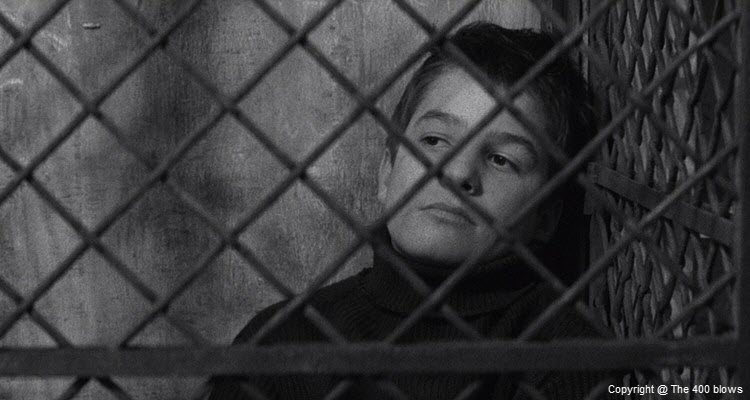This website uses cookies, including third party ones, to allow for analysis of how people use our website in order to improve your experience and our services. By continuing to use our website, you agree to the use of such cookies. Click here for more information on our and .
Mandy Loundar is the Principal Project Officer for Youth on Track with Juvenile Justice NSW. Speaking at the upcoming Juvenile Justice Summit in Sydney, she will provide insight into the early intervention scheme and demonstrate the positives results of the program. Here, she provides some further insight into her background, the presentation at the conference and her wishes for the juvenile justice system in Australia.
Can you tell us a little about your professional background?
I have 16 years of experience in the youth and criminal justice sectors. I started out working in a street kid drop-in centre in Sydney for a non-government organisation. From there I became the Youth Development Officer at a local council before spending five years at the NSW Ombudsman as the Youth Liaison Officer. This was a highlight of my career as the position took me to many parts of NSW where I identified and responded to a range of youth issues in relation to policing, juvenile justice and child protection. I commenced at the NSW Department of Justice in 2009. While with Justice I have gained extensive experience developing and implementing criminal justice interventions for adults and young people. Currently I am the Youth on Track Principal Project Officer with Juvenile Justice NSW.
At the conference you will speak on the Youth on Track Program, can you tell us some more about this program and some of the points attendees can expect to be examined during this presentation?
Youth on Track is an early intervention scheme which targets young people who are at risk of long-term involvement in criminal behaviour using evidence-based practice. Prior to Youth on Track, young people were not offered an intensive service to address the causes of offending until they were convicted by a court and received a supervised court order. Youth on Track, a voluntary scheme, provides police and schools with the opportunity to refer young people to support prior to a legal order being imposed.

A non-government organisation is funded to engage eligible young people and their families in case management and evidence-based interventions that respond to the young person’s assessed offending risks. For example, one Youth on Track intervention focuses on the links between the young person’s antisocial beliefs, attitudes and behaviour using a skills-oriented CBT approach. A family intervention is also provided. My conference presentation will demonstrate the positive results Youth on Track has achieved through a case study of a young Aboriginal person.
What is most concerning to you about the current juvenile justice system in Australia?
The over-representation of Aboriginal young people in the juvenile justice system is of great concern. The Youth on Track scheme is just one strategy that the Department is implementing to attempt to address this critical issue. Youth on Track results so far demonstrate that the scheme has equally positive effects for both Aboriginal and non-Aboriginal young people and their families.
If you had three wishes which could change the current juvenile justice system, what would they be?
I’d wish for:
- all agencies involved with prevention and the early intervention services for at-risk families to work together more successfully to divert children from the juvenile justice system at an earlier point.
- more positive outcomes for young people in out-of-home care. Twenty one per cent of young people in the Juvenile Justice system have been in care before the age of 16 years.
- more community-based interventions, instead of custody, offered to parents involved in the criminal justice, to enable them to continue to parent their children. Research shows that 54% of young people in NSW custody had a parent in prison.
Who are you looking forward to hearing from at the conference?
I’m looking forward to hearing Dr Johns’ presentation about ‘The Power to be Positive: Modelling Behaviour, Building Relationships with Justice-involved Young People’. Building relationships with our young people, particularly in a voluntary program like Youth on Track, is such a critical aspect of engaging and maintaining the young person’s participation in their change plan.

